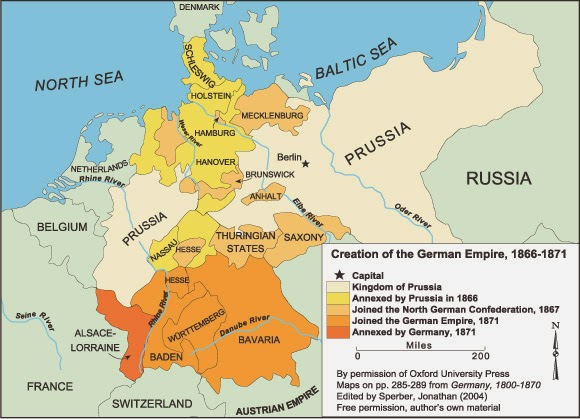This week, we will finish off looking at WWI by talking about the aftermath of the war. Then, we will begin talking about self-determination. We will look at multiple examples, both contemporary, and historical, to help you understand the term. Finally, we will relate self-determination and national interest together with a placemat activity. Because Thursday will be your last day of class before spring break, we will play a national interest- related game called Risk. If you have never played the game, or have not played in a while, please read the instructions under Thursday's plans before we play!
Monday
-finish off WWI by discussing the outcomes from the war
-introduce the topic of self-determination
-self-determination vocab sheet
-introduce writing assignment with Ms. Stuart
A video to help you understand self-determination!
A video to help you understand self-determination!
Tuesday
-review national interest and self-determination, and the
difference between the two words
-conflicting national interests placemat activity
-conflicting national interests fact swap
-comparing national interests Venn Diagram
-class discussion on the three nations
Here is where you can find the support materials for your country!!
NOTE: PLEASE BRING YOUR HEADPHONES TO CLASS FOR TUESDAY!!
Wednesday
-start class off with rants (AM class- JP and Allison; PM class- Mackayla)
-keeping in mind the three countries we talked about yesterday, come up with at least five criteria that a country should have in order to be able to self-determine; as a class, we must agree on these
-keeping in mind the three countries we talked about yesterday, come up with at least five criteria that a country should have in order to be able to self-determine; as a class, we must agree on these
-‘Should Nations have a
Right to Self-Determination?' debates
-four mini debates on the following countries- Kosovo, Flanders,
Quebec, and Tamil
NOTE: PLEASE BRING HI-LIGHTERS TO THIS CLASS!!
Thursday
-play 'The Game of Risk'
-you MUST read the instructions (below) before Thursday so that you can understand how the game works
-Note: We will be playing 'Capital Risk', so please read all of the World Domination rules, as well as the Capital Risk rules
-We will NOT be using the mission cards, so do not worry about that
Risk Instructions
-you MUST read the instructions (below) before Thursday so that you can understand how the game works
-Note: We will be playing 'Capital Risk', so please read all of the World Domination rules, as well as the Capital Risk rules
-We will NOT be using the mission cards, so do not worry about that
Risk Instructions
Friday
NO SCHOOL!! Enjoy your Spring Break! :)









